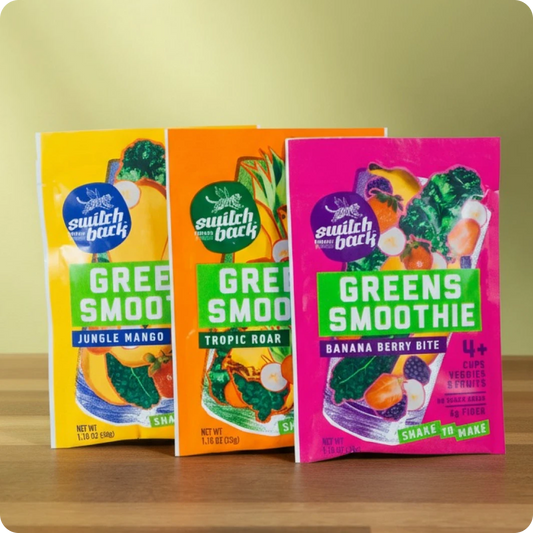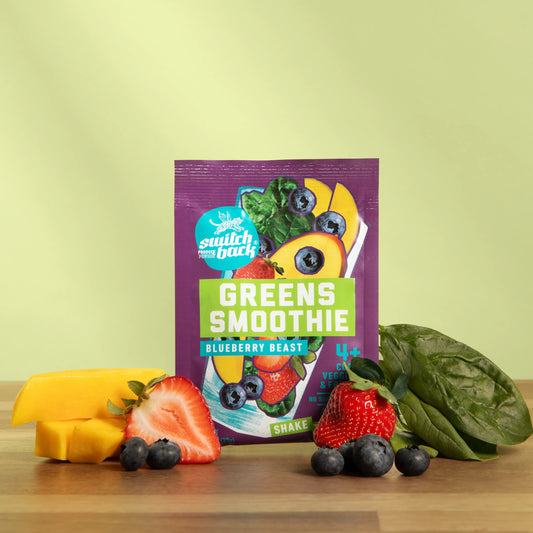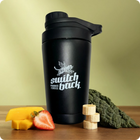
Importance of Vegetables While Pregnant
Power Up for Two: The Essential Role of Fruits and Veggies During Pregnancy
Congratulations! You're embarking on the incredible journey of pregnancy. As your body starts nurturing a tiny human, your dietary needs shift. Fruits and vegetables become superstars, packed with vital nutrients for both you and your developing baby. Let's explore why these colorful powerhouses deserve a starring role on your pregnancy plate.
Building a Healthy Foundation: Essential Nutrients from Fruits and Veggies
Fruits and vegetables are the cornerstone of a healthy pregnancy diet. They're not just delicious; they're brimming with essential vitamins, minerals, fiber, and antioxidants that play a crucial role in your baby's development and your own well-being. Here's a breakdown of some key nutrients:
• Folate (Folic Acid): This critical B vitamin helps prevent neural tube defects, which are malformations of the brain and spinal cord that can occur in the early stages of pregnancy. Leafy greens like spinach and kale, citrus fruits, and legumes are excellent sources of folate.
• Vitamin C: This powerful antioxidant supports a healthy immune system for both you and your baby, promotes iron absorption, and helps in the formation of collagen, essential for healthy skin and tissues. Bell peppers, oranges, grapefruits, and strawberries are rich in Vitamin C.
• Vitamin A: This vitamin is crucial for healthy vision, cell growth, and immune function. Sweet potatoes, carrots, cantaloupe, and dark leafy greens are all great sources of Vitamin A.
• Calcium: This mineral is vital for building strong bones and teeth in your developing baby. Leafy greens, broccoli, fortified plant-based milks, and some fruits like oranges can contribute to your daily calcium intake.
• Iron: Iron helps transport oxygen throughout your body and to your baby. Lean meats, fish, and plant-based sources like beans, lentils, and dark leafy greens are all important sources of iron. Vitamin C from fruits and vegetables can enhance iron absorption.
• Fiber: Fiber helps maintain a healthy digestive system, preventing constipation which is a common pregnancy discomfort. Fruits, vegetables, and whole grains are all excellent sources of fiber.
Beyond the Basics: Additional Benefits of Fruits and Vegetables
In addition to the essential nutrients mentioned above, fruits and vegetables offer a plethora of other benefits during pregnancy:
• Reduced Risk of Gestational Diabetes: Studies suggest that a diet rich in fruits and vegetables may help lower the risk of gestational diabetes, a type of diabetes that develops during pregnancy.
• Healthy Weight Management: Fruits and vegetables are low in calories and fat, yet high in fiber, which keeps you feeling full for longer. This helps with managing weight gain during pregnancy, which is important for both you and your baby's health.
• Boosted Immunity: The presence of antioxidants and vitamins in fruits and vegetables strengthens your immune system, making you less susceptible to infections that can harm your growing baby.
• Hydration: Fruits and vegetables with high water content, like watermelon, cucumber, and berries, help keep you well-hydrated, which is crucial during pregnancy.
Rainbow on Your Plate: Variety is Key
Don't get stuck in a veggie rut! Nature offers a vibrant variety of fruits and vegetables, each packed with unique nutrients and antioxidants. Aim to "eat the rainbow" by incorporating a diverse range of colors into your diet.
• Red: Tomatoes, watermelon, strawberries, red bell peppers are all rich in lycopene, an antioxidant linked to reduced risk of certain cancers.
• Orange & Yellow: Sweet potatoes, carrots, cantaloupe, mangoes are all excellent sources of Vitamin A.
• Green: Leafy greens like spinach and kale are packed with folate, Vitamin K, and other essential nutrients.
• Purple & Blue: Eggplant, blueberries, plums are rich in anthocyanins, antioxidants that may help improve cognitive function.
• White & Brown: Potatoes, bananas, cauliflower are good sources of fiber and potassium, important for maintaining healthy blood pressure during pregnancy.
Fresh, Frozen, or Canned? Making the Most of Your Options
Fresh produce is always a great choice, but frozen and canned fruits and vegetables are also excellent options during pregnancy. The freezing process doesn't significantly impact the nutritional value, and canned fruits and vegetables can be a convenient
Smoothies for the win:
Enjoying a smoothie loaded with vegetables and fruit is an easy way to start your day while getting vital nutrients for you and your baby! Consider grabbing a Switchback Smoothie to eliminate time and stress from your life!




